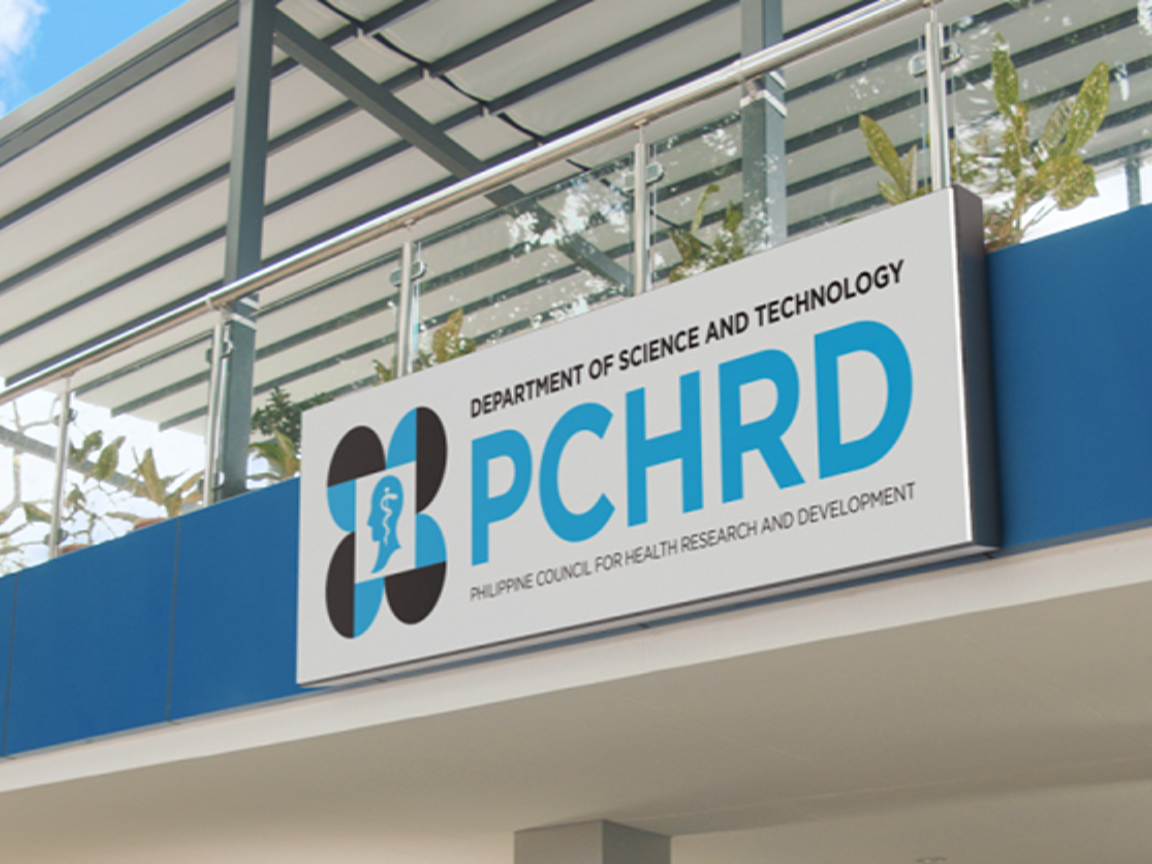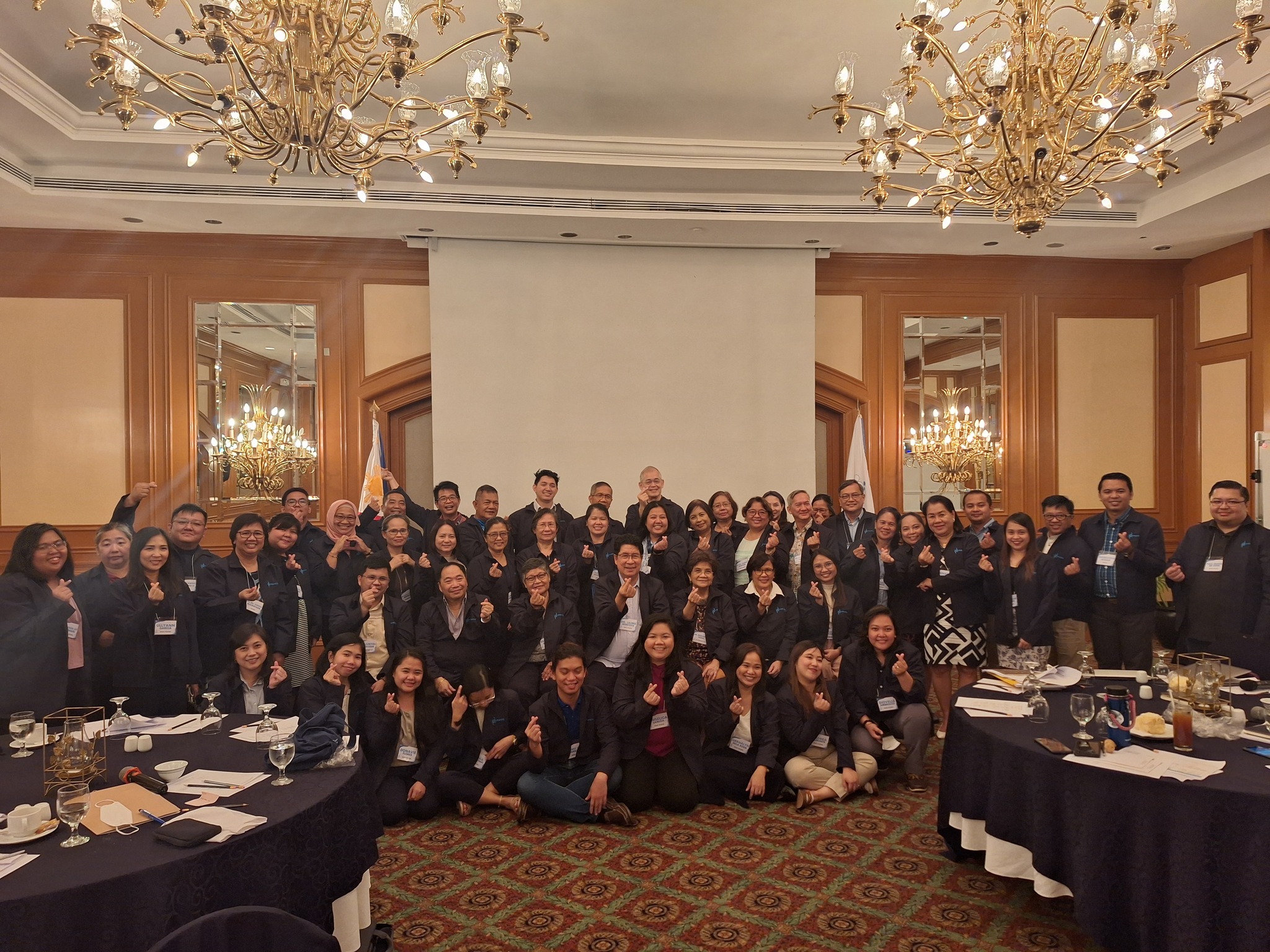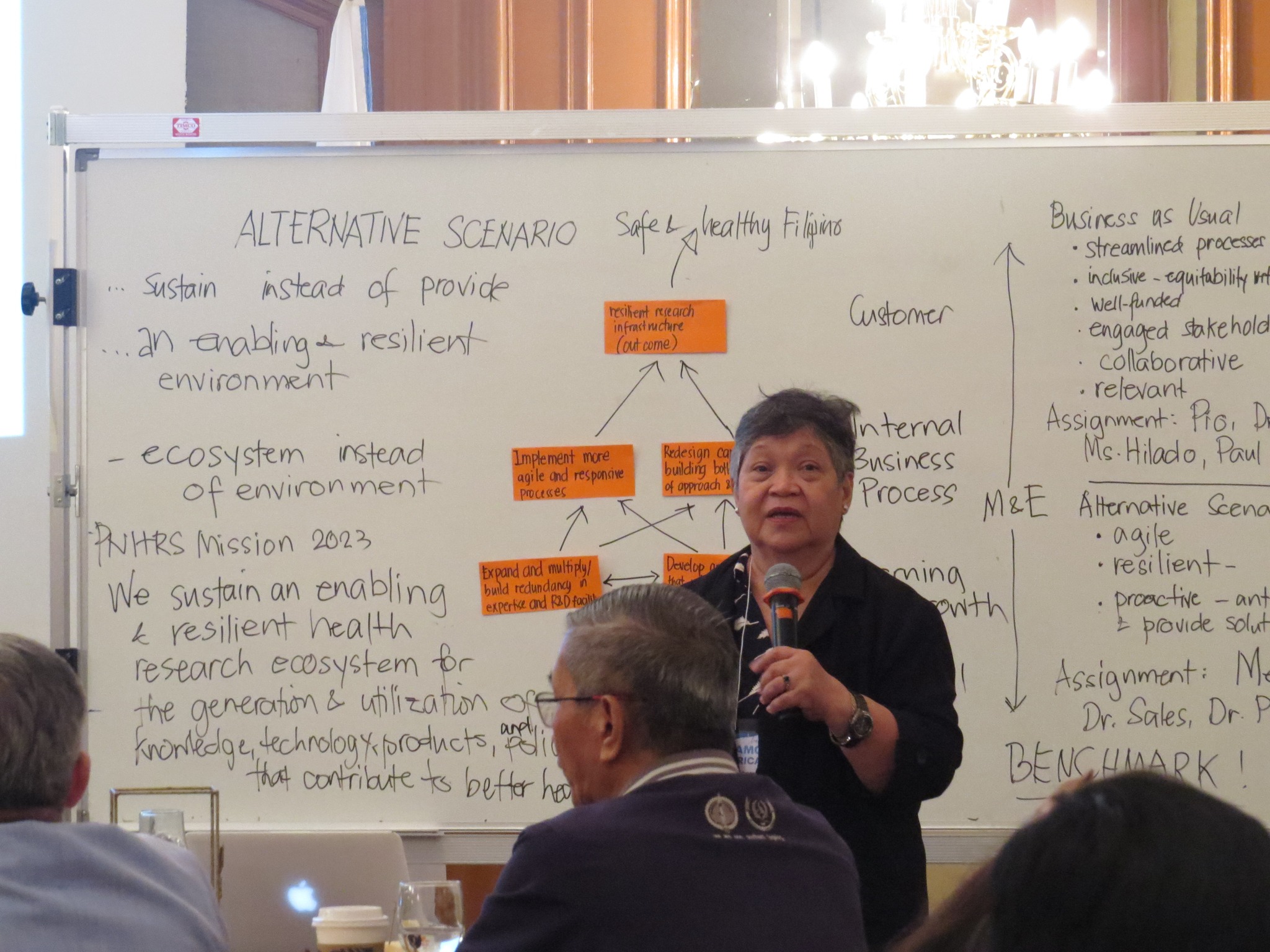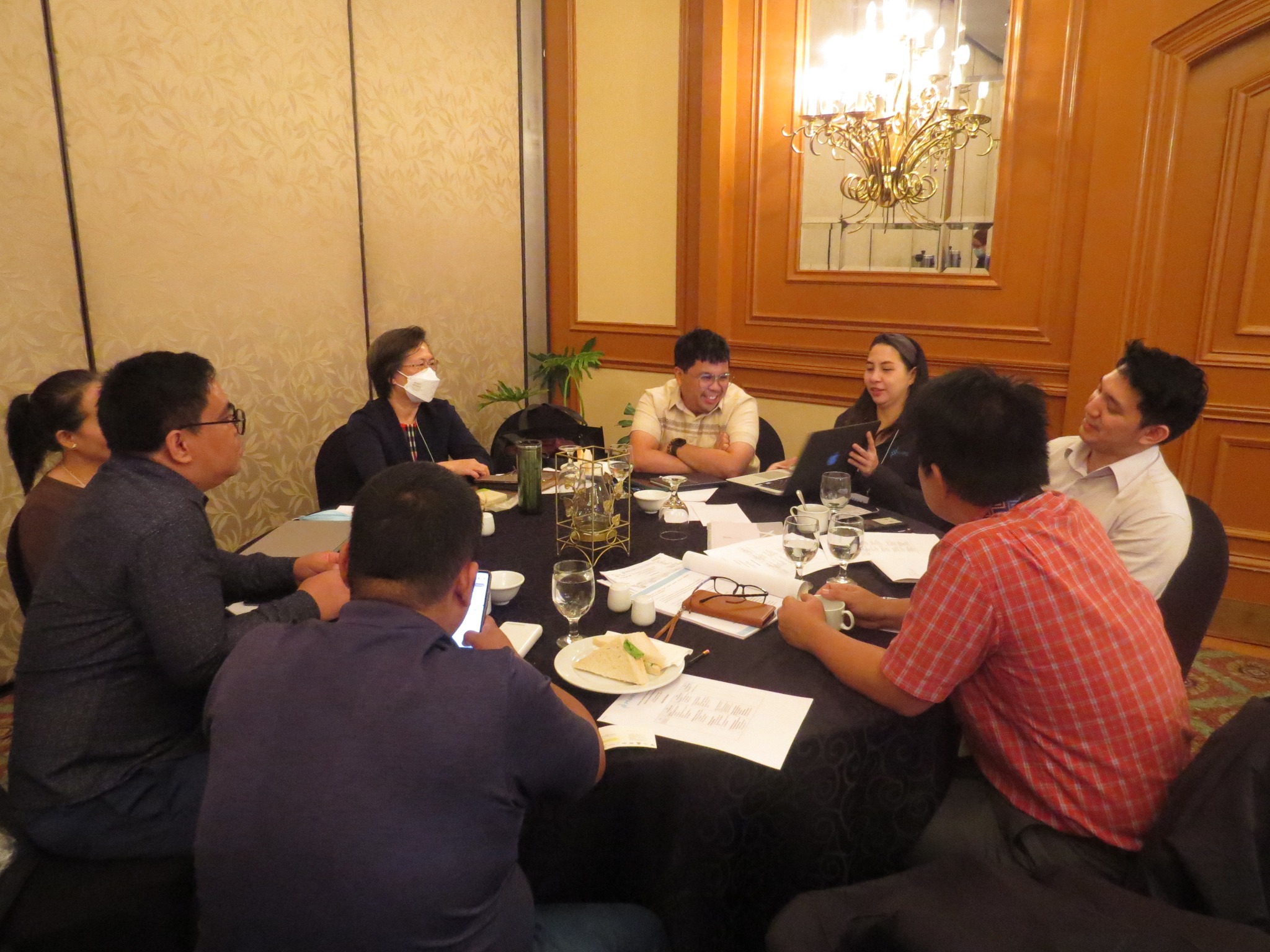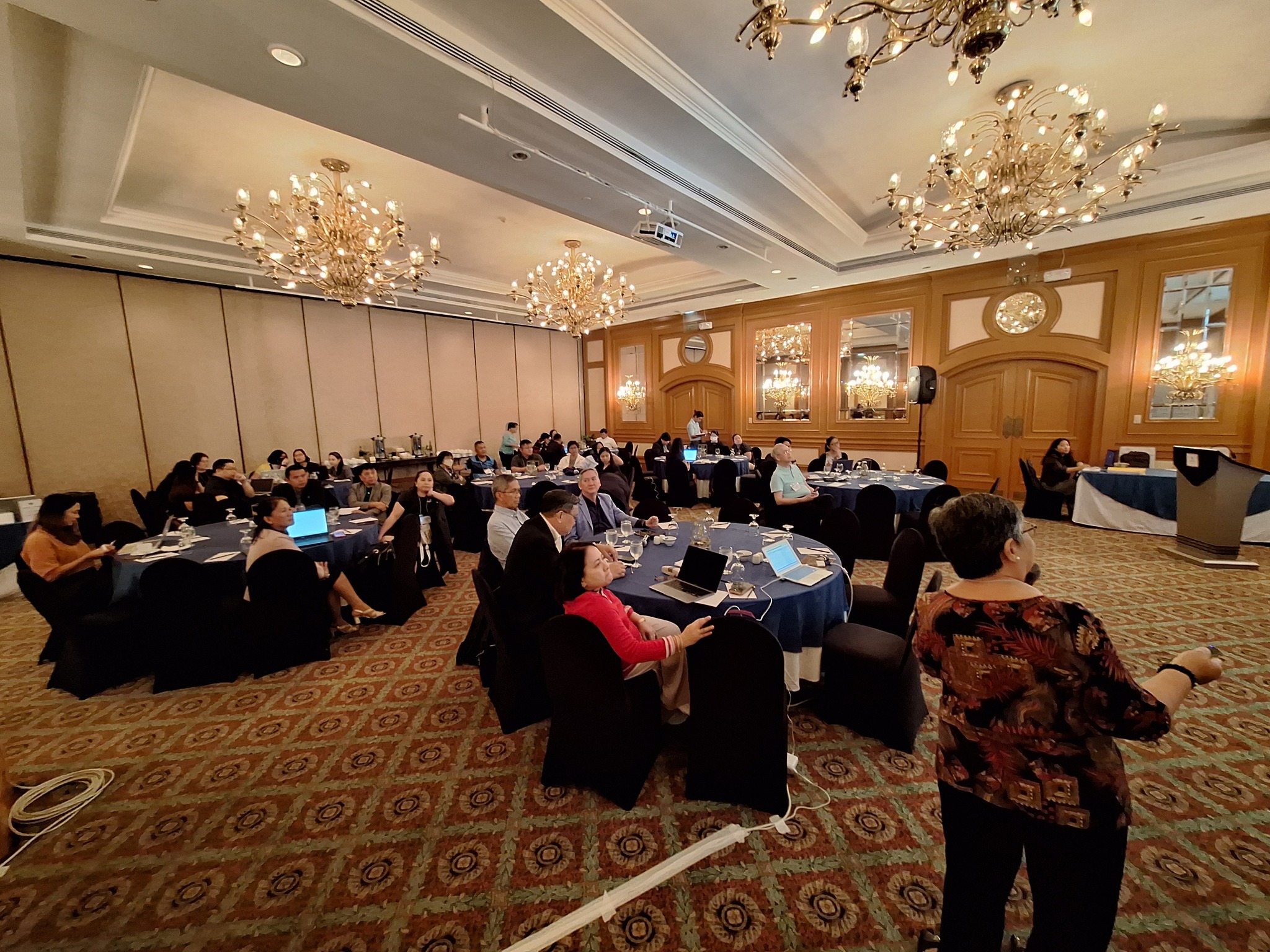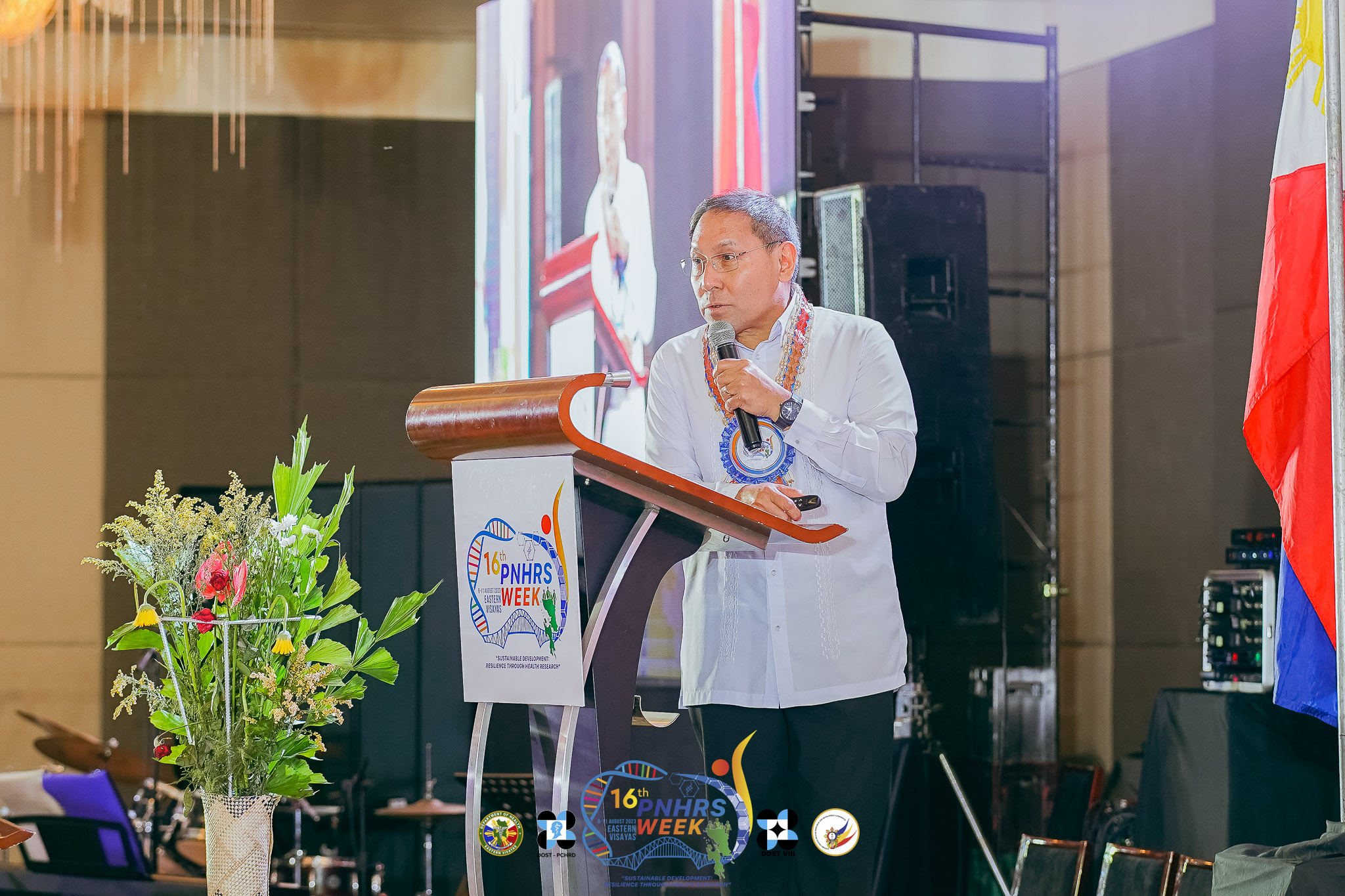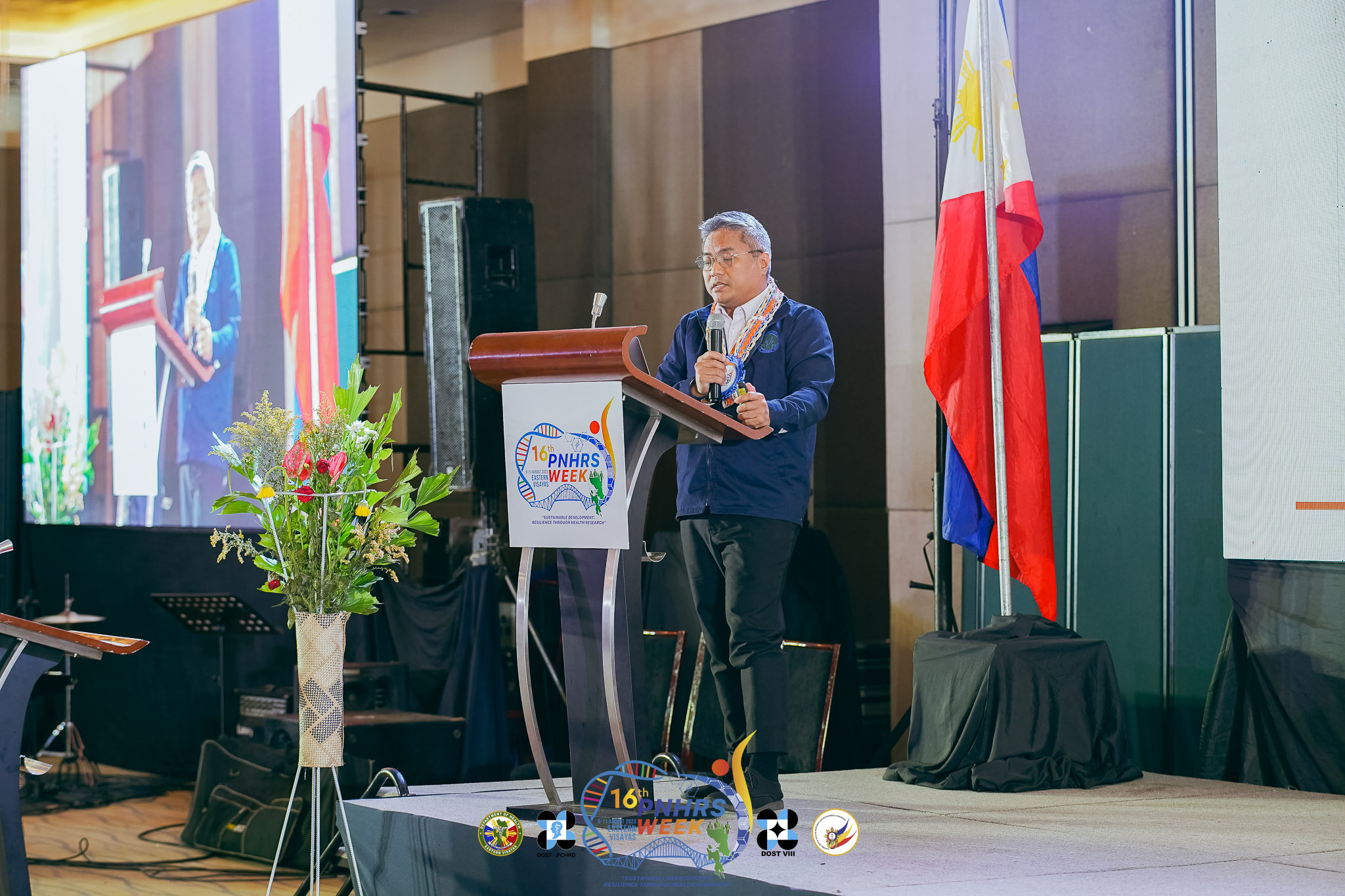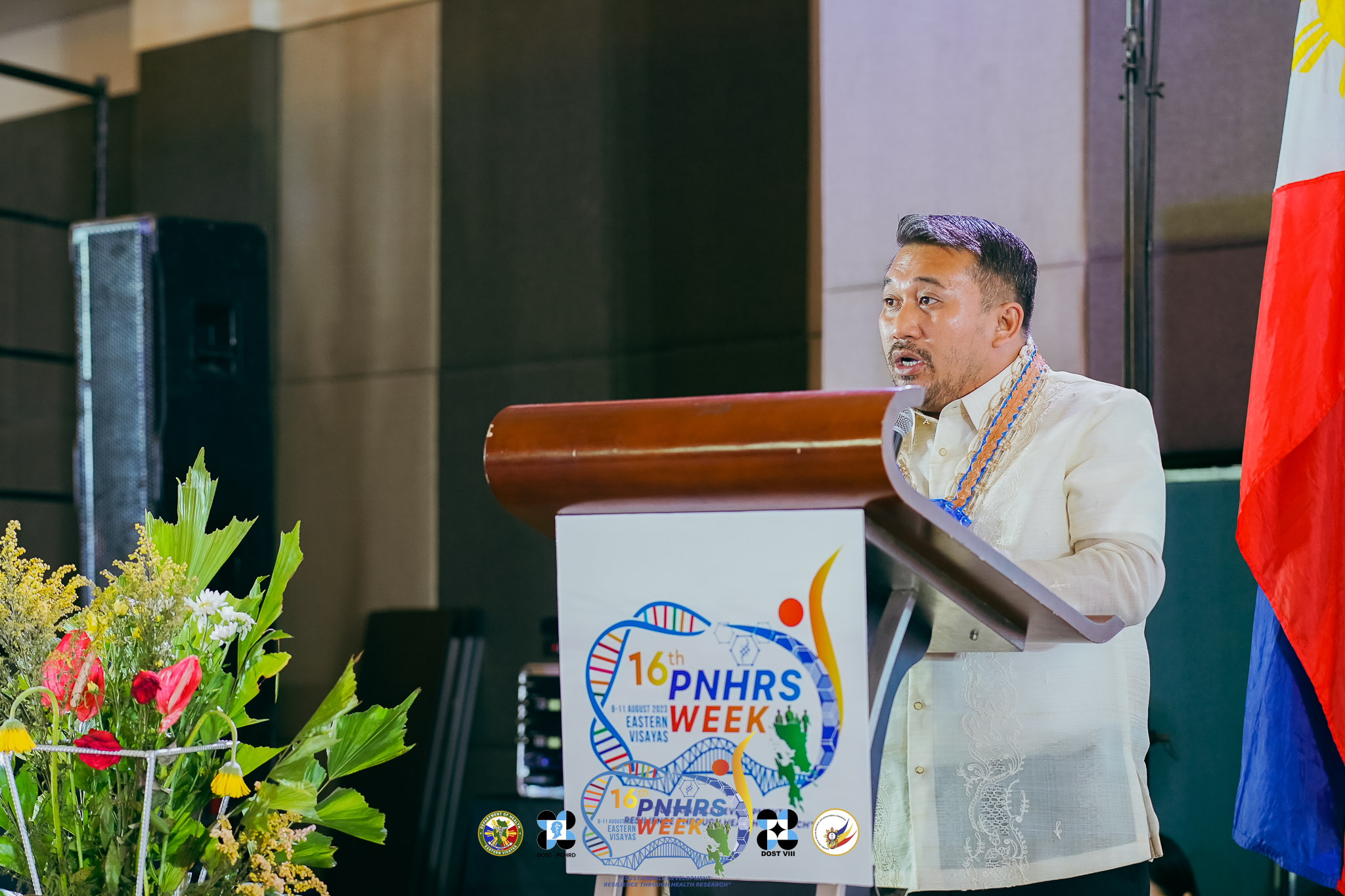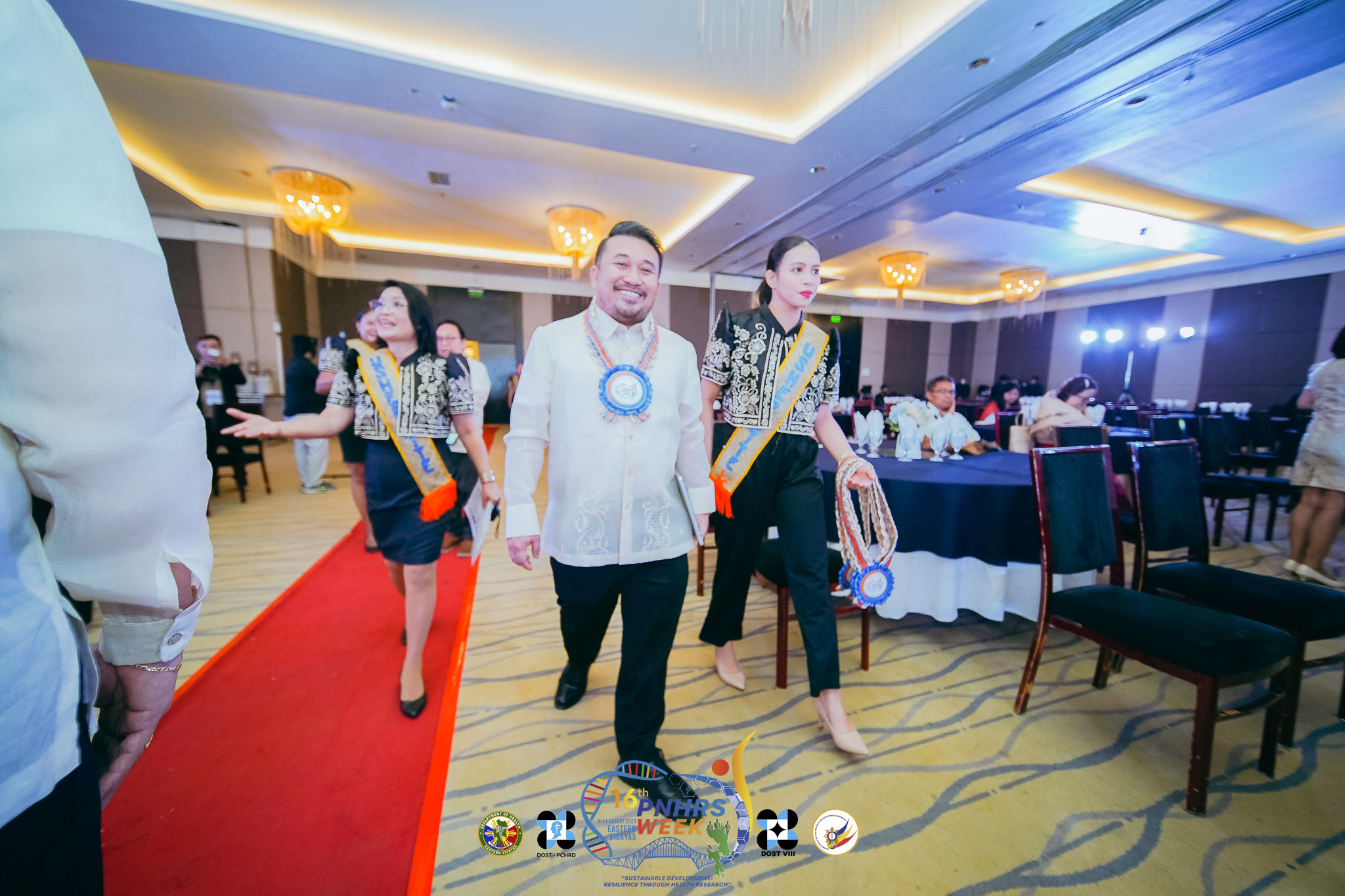- Audrey John Gonzales
- Latest News
- Hits: 3120
2024 CALL FOR APPLICATIONS: Foreign Graduate Scholarship Program MSc/PhD in Tropical Medicine
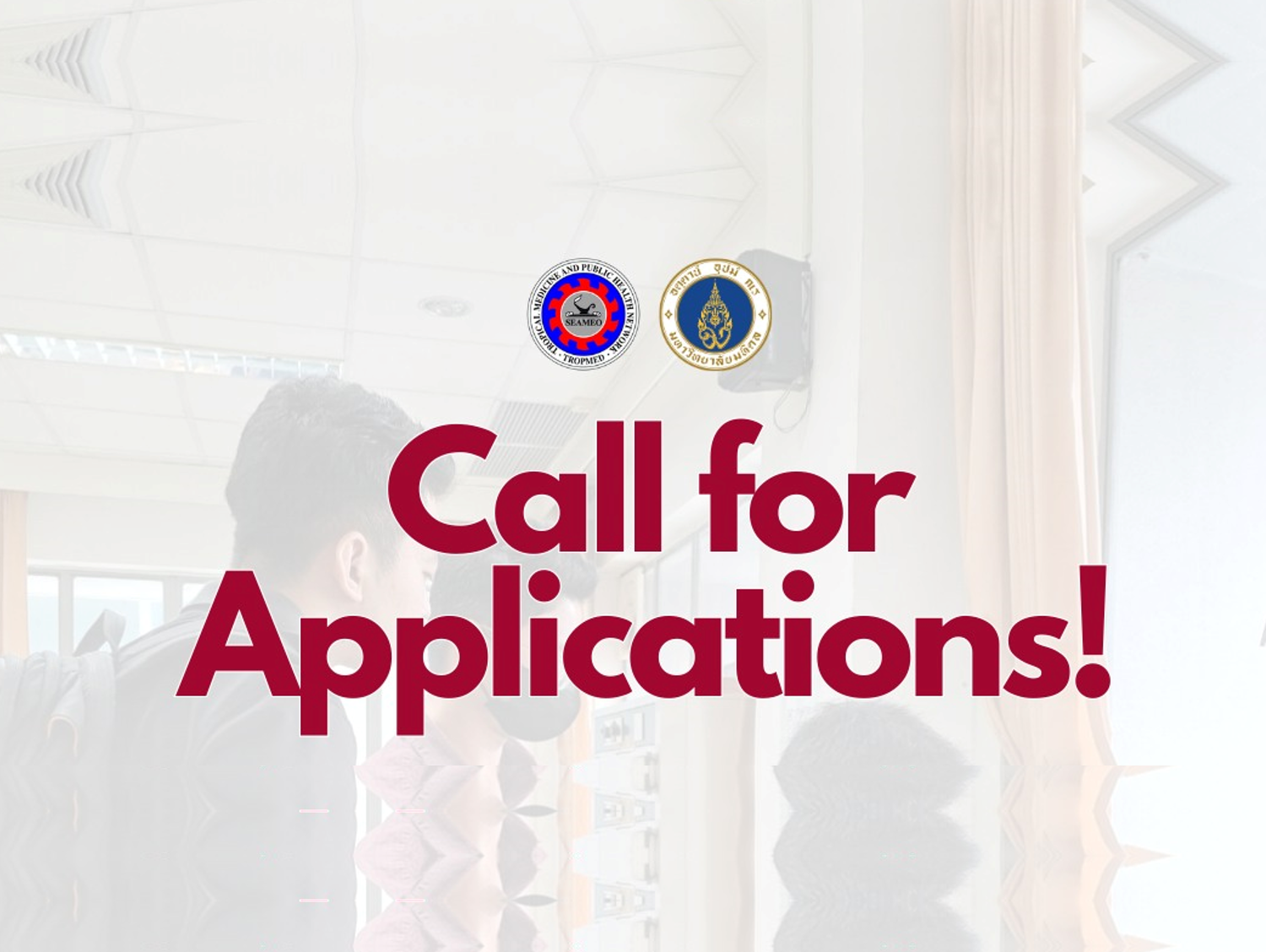
Overview
The mission of the Department of Science and Technology–Philippine Council for Health Research and Development (DOST-PCHRD) and Faculty of Tropical Medicine (FTM), Mahidol University―SEAMEO TROPMED Thailand is to address health system needs by developing and strengthening capacity for health research through teaching and research for advanced knowledge in tropical medicine. Hence, both institutions agreed to collaborate on the development and implementation of Foreign Graduate Scholarship (FGS) Programs in Tropical Medicine.
The FGS-TropMed offers exciting opportunities for research training particularly on tropical diseases. The program aims to provide opportunities to deserving students to study and obtain graduate degrees abroad and develop a pool of high-quality human resources who will contribute to the country’s global competitiveness and economic development.
Programs
Doctor of Philosophy in Tropical Medicine
The three-year multidisciplinary program offers broad areas in Tropical Medicine including Protozoology, Helminthology, Medical Entomology, Microbiology and Immunology, Social and Environmental Medicine, Tropical Hygiene, Tropical Nutrition and Food Science, Tropical Pathology and Molecular Tropical Medicine and Genetics focusing on active learning experience in well-equipped laboratory and at field site to equip graduates with multidisciplinary knowledge and skills in Tropical Medicine.
Master of Science in Tropical Medicine
The two-year program focuses on equipping students with scientific knowledge on tropical diseases, public health and related subjects. The goal of the program is to provide a balanced education that combines knowledge, skills, and moral values. The program has been developed to stimulate students to embrace life-long learning in scientific research, develop their soft and communication skills, and build their leadership ability.
Capacity
One (1) position for the PhD program and two (2) positions for the MSc program will be available each year at FTM Mahidol University―SEAMEO TROPMED Thailand (subject to the availability of funds).
Eligibility Criteria
The applicant must:
- be a Filipino citizen;
- be in good health condition;
- not be more than 50 years old at the time of application;
- have completed BSc/MSc degree in related field of study;
- have an outstanding academic record;
- pass the admission requirements of Mahidol University for the MSc/PhD study;
- pass the interview and other screening procedures;
- have research interests aligned with the National Unified Health Research Agenda (NUHRA) and Harmonized National Research and Development Agenda (HNRDA);
- conduct their research for the entire duration of the scholarship and of the MSc/PhD Program; and
- be willing to render the required service obligation for a period equivalent to twice the length of time or a fraction thereof that they enjoyed the MSc/PhD scholarship.
Scholarship Privileges
- Tuition and other school fees;
- Learning materials and/or connectivity allowance;
- Outright thesis/dissertation grant (upon request);
- Pre-departure expenses (one-time only);
- One round-trip economy fare from residence to Thailand (start and end of the scholarship period only);
- Living/subsistence allowance; and
- Health and accident insurance
SELECTION PROCEDURE
| Admission to Mahidol University’s Graduate Program |
The applicant must apply and be accepted by the FTM Mahidol University―SEAMEO TROPMED Thailand for their chosen program. Mahidol Bangkok School of Tropical Medicine (Mahidol-BSTM) – Application with Mahidol-BSTM is ongoing until 31 May 2024 *After submitting your application to Mahidol University, please send your CV to This email address is being protected from spambots. You need JavaScript enabled to view it. for initial evaluation/screening |
| Scholarship Application | The applicant must submit the documentary requirements for the Foreign Graduate Scholarship Program to DOST-PCHRD |
| Document Screening | Evaluation of the accomplished form and other requirements |
| Technical Interview | Technical interview by a panel composed of representatives from DOST-PCHRD, FTM Mahidol University, SEAMEO TROPMED Thailand, and other health research experts to assess:
|
| Final Selection | The panel will identify the successful MSc/PhD student(s) among the candidates interviewed. |
Note: An Applicant who has already started their studies abroad prior to application to the scholarship program can no longer apply.
2024 TIMELINE
| March | Opening of 2024 Call for Applications |
| April 30 |
Application deadline *Applicants must have been accepted for admission to Mahidol University’s Graduate Program and must have submitted the requirements to DOST-PCHRD |
| May | Document screening and Panel interview |
| May | Announcement of the accepted candidate(s) |
| June | Preparation of necessary documents (visa, insurance, LBP bank account, etc.) and signing of scholarship agreement |
| July | New Student Online Check-in
Orientation of Scholars and Departure |
| August | Start of MSc/PhD program |
HOW TO APPLY
Program Admission at Mahidol University
- Doctor of Philosophy in Tropical Medicine (Plan2.1) 4801DG00
- Master of Science in Tropical Medicine (PlanA2) 4801MG00
To apply, visit Mahidol University’s Online Admission System (for foreigner). After submitting your application to Mahidol University, send your CV to This email address is being protected from spambots. You need JavaScript enabled to view it. for initial evaluation/screening.
Scholarship Application
Requirements
- Curriculum vitae (CV)
- Letter of Acceptance from Mahidol University
- Accomplished Application form with recent ID picture
- Endorsement letters from two (2) former professors in college for MSc applicant or two (2) former professors in the MSc Program for PhD applicant
- If employed:
- Certificate of Employment
- Recommendation letter from Head of Agency
- Permission to take a leave of absence (LOA) while on scholarship
- Testamurs for all qualifications undertaken (i.e. Certificate of Bachelor’s Degree for MSc applicants/Master’s Degree for PhD applicants)
- Transcript of records (Certified true copy)
- Accomplished Re-entry Action Plan form (narrative)
*All documentary requirements must be submitted not later than April 30, 2024 (Tuesday).
Applicant/s who were able to pass the interview will be asked to submit the following:
- PSA Birth Certificate (Photocopy)
- Valid NBI Clearance (Original)
- Medical Certificate as to health status from a licensed physician with their PRC license number indicated
Applicant/s who will be accepted in the program will be asked to submit the following before departure to Thailand:
- Budgetary Requirements – attach at least three (3) airfare and three (3) health and accident insurance canvasses (include respective website references)
- Program of Study/Course Curriculum from Mahidol University
Submission of documents:
- For advance (scanned) copies of documents, send via email to: This email address is being protected from spambots. You need JavaScript enabled to view it.
Subject: 2024 MSc/PhD TropMed Application_(Surname, First Name)
- For hard copy of documents, send to:

